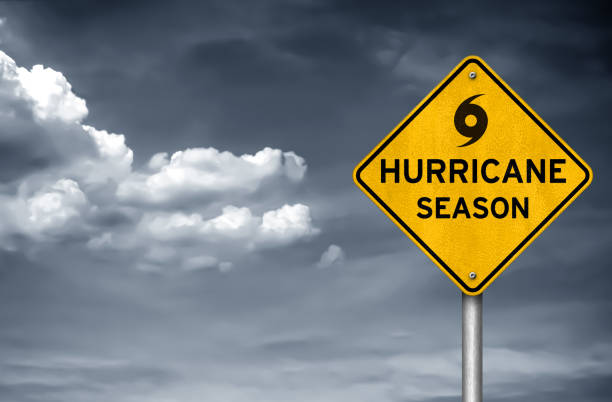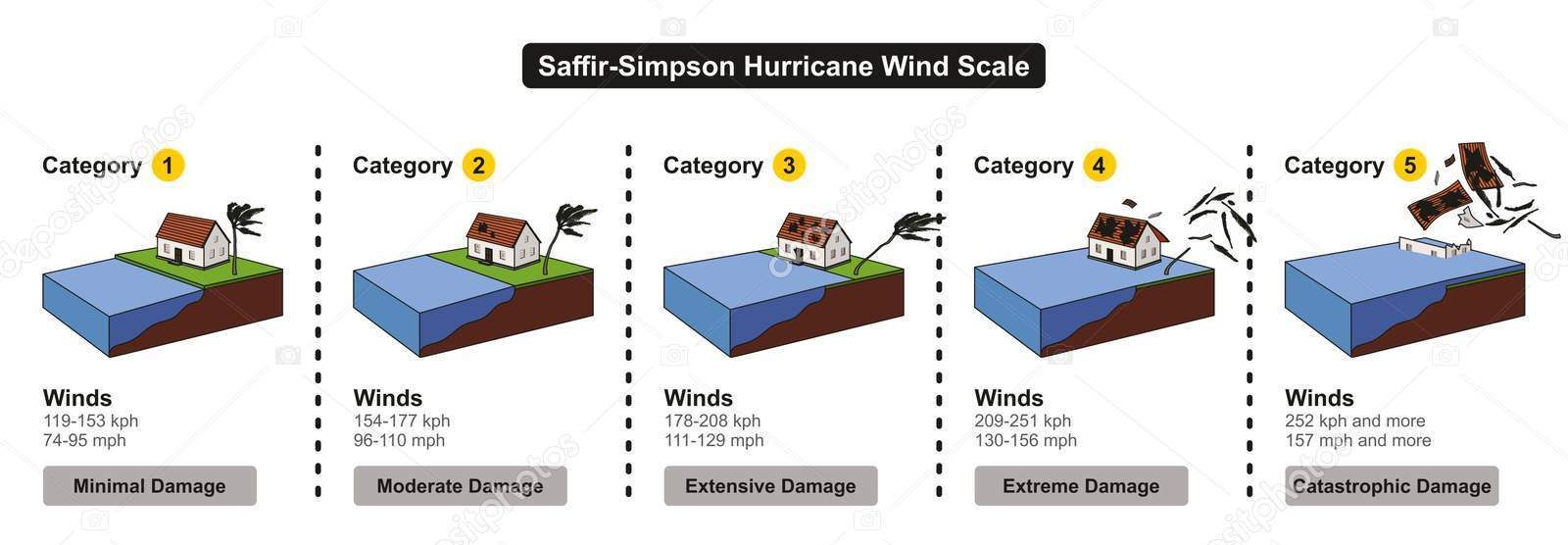
Hurricane season incoming
Hurricane Prep Time!
Preparing for hurricane season is part of being a Floridian. Most Floridians know hurricane season officially begins each year on June 1st and ends on November 30th, with peak season stretching
from August to October each year. With a hurricane right around the corning, it is time to make sure we are ready for anything it may bring. The last thing we want to do is wait until the last minute, the stores get very crowded and the shelves empty quick when we have a storm bearing down on us, do not be left scrambling for supplies in the last hours before possible landfall. We have created this guide to help you develop a comprehensive plan to prepare your home and family before the storm and help you stay safe and as comfortable as possible during and after the storm. We hope this is helpful.
What to Plan For
It is a good idea to plan for two situations: Staying in your home to ride out the storm, and also a kit in the case you need to evacuate. Share your plan with friends and family, we all should look out for each other. Whether staying home, or evacuating, you should have am minimum of 3 day’s worth of supplies on hand.
Disaster Supply Checklist:
- Cash — Banks and ATMs may not be open or available for extended periods.
- Water — at least 1 gallon per person per day for three to seven days, plus water for pets.
- Food — at least enough for three to seven days, including: Non-perishable packaged or canned food and juices, food for infants and the elderly, snack food, non-electric can opener, vitamins, paper plates, plastic utensils. Keep a plastic bin packed and ready with these items. These items can then be used if you are staying put or evacuating.
- Radio – Hand crank or battery powered and NOAA weather radio with extra batteries.
- Sign up for local alerts, download weather apps.
- Generator is nice to have. If you have a generator, be sure to have some plug-in fans as well. (Please research Generator safety)
- Gas: Fill your car with gasoline 1-2 days before the storm. Don’t forget to fill your generator gas cans. Make sure you also have gas for BBQ grills and or charcoal.
- Blankets, pillows, towels etc.
- Clothing — seasonal, rain gear/ sturdy shoes, extra socks and underwear at the ready.
- First Aid Kit — plus medicines, prescription drugs.
- Special items — for babies and the elderly.
- Toiletries — hygiene items, moisture wipes, sanitizer.
- Equipment: Flashlight, batteries, chargers, and battery packs for mobile devices.
- Toys, books, games.
- Ice: Cooler with ice. Freeze extra blocks of ice in your freezer. It will help the freezer stay cold longer or you can add it to coolers.
- Pet care items, proper identification, immunization records, ample food and water, medicine, a carrier or cage, Collar with ID, leash, blankets/Bedding, and a toy or two.
Store important documents in a water proof container.
- Insurance papers
- Medical records
- Bank account numbers
- Social Security cards
- Deeds or mortgages
- Birth and marriage certificates
- Stocks and bonds
- Recent tax returns
Tropical Storm Watch- Tropical storm conditions are possible in the next 48 hours.
Tropical Storm Warning- Tropical storm conditions are expected in the next 36 hours.
Hurricane Watch – Hurricane conditions are possible in the next 48 hours.
Hurricane Warning- Hurricane conditions are expected in the next 36 hours, posing an imminent threat.

The Importance of Water
Stocking an emergency water supply should be one of your top priorities so you will have enough water on hand for yourself and your family. Children, nursing mothers and people who are ill need more water. Very hot temperatures can also double the amount of water needed. Because you will also need water for sanitary purposes, and possibly for cooking, you should store at least one gallon of water per person per day.
When storing water, use thoroughly washed plastic, fiberglass or enamel-lined containers. Don’t use containers that can break, such as glass bottles. Never use a container that has held toxic substances. Plastic containers, like soda bottles, are best. Seal your water containers tightly, label them and store them in a cool, dark place. It is important to change stored water every six months.
If you have been preparing in advance there is no need to panic or stress, as the majority of your work is done. Be Safe Out There!


 Facebook
Facebook
 X
X
 Pinterest
Pinterest
 Copy Link
Copy Link


